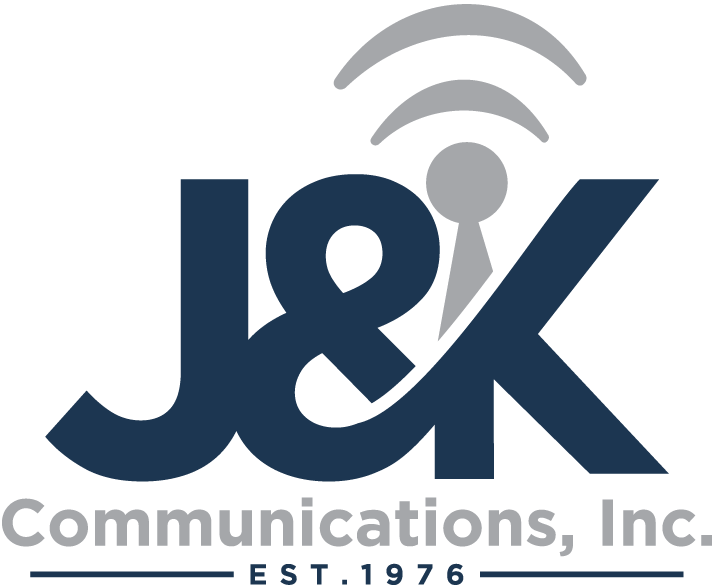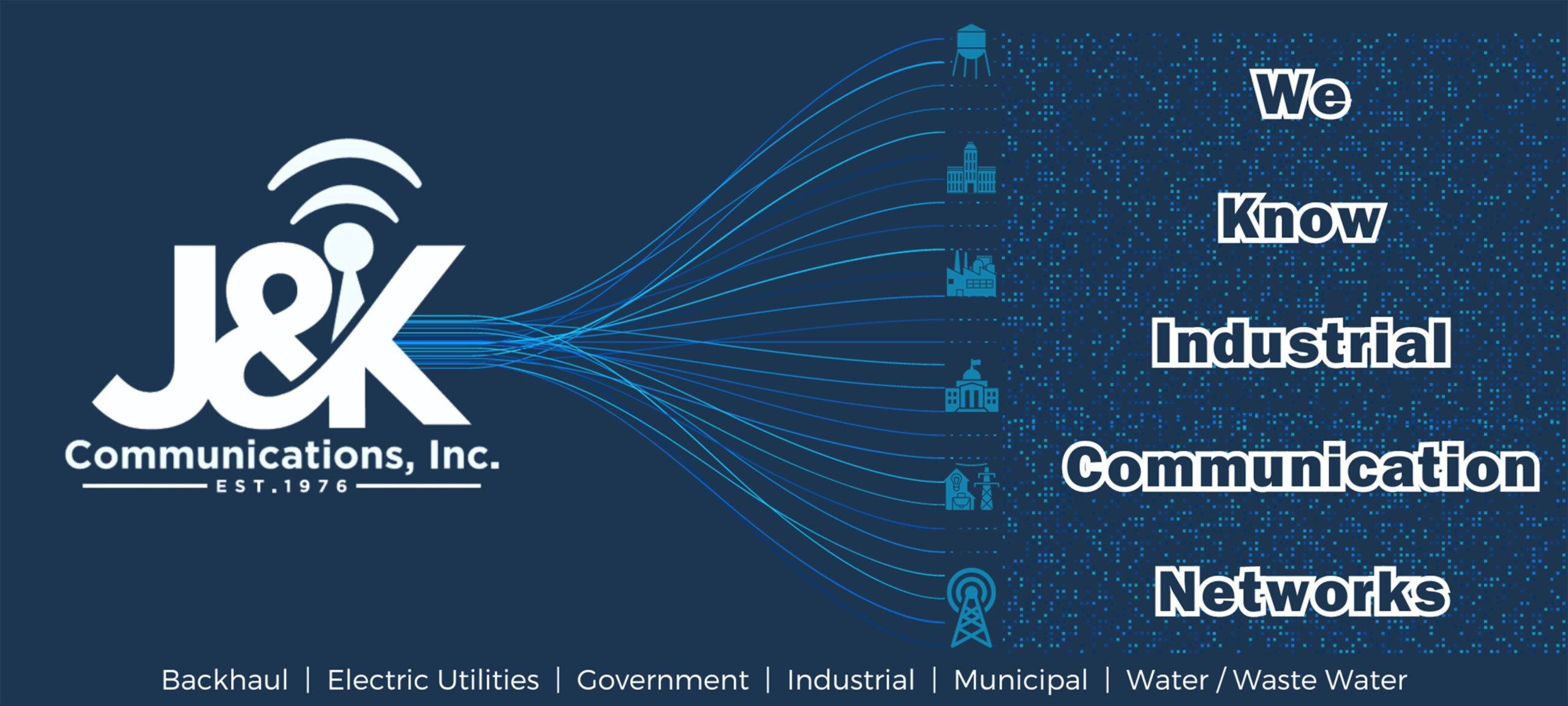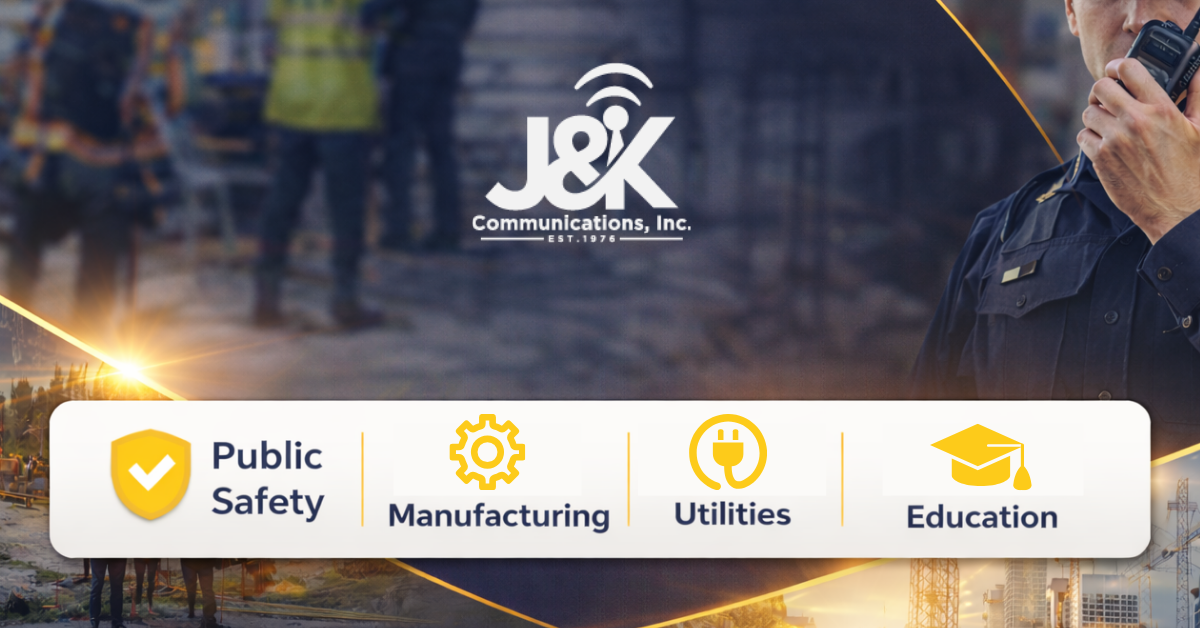When it comes to successfully planning and implementing a reliable industrial communication network choosing a skilled partner is critical.
Here are key aspects to consider:
Technical Knowledge:
- Networking Protocols: Understanding and selecting the right networking protocols is crucial.
- Cybersecurity: Given the increasing threats to industrial systems, a deep understanding of cybersecurity principles is vital to protect the network from potential attacks.
- Redundancy and Reliability: Knowledge of redundancy mechanisms and fault-tolerant architecture is essential to ensure continuous operation in case of failures.
- Wireless Communication: In some industrial environments, wireless communication may be necessary. Knowledge of wireless protocols, interference mitigation, and security in wireless networks is key.
Extensive Experience:
- Industry-Specific Experience: Different industries have unique requirements. Experience in the specific industry helps in understanding the nuances and tailoring the communication network to meet those needs.
- Troubleshooting Skills: Industrial networks may encounter various issues. Experience in troubleshooting and quickly resolving problems is crucial to minimize downtime.
Ability to Design and Plan:
- Network Design: Designing a network that meets the specific requirements of the industrial processes, considering factors like data bandwidth, latency, and scalability, is a critical skill.
- Capacity Planning: Understanding the current and future needs of the industrial processes and planning the network capacity accordingly is essential for long-term success.
Project Management Skills:
- Project Planning: Effectively planning the implementation, considering timelines and resource allocation, is vital.
- Coordination: Industrial communication network implementations often involve multiple stakeholders. Coordinating with different teams, vendors, and departments is a key aspect.
Regulatory Compliance:
- Understanding Standards: Being aware of and compliant with industry standards and regulations is crucial, especially in industries with strict safety and compliance requirements.
Continuous Learning:
- Adaptability: The field of industrial communication is dynamic, with new technologies and standards emerging. A commitment to continuous learning is essential to stay updated and incorporate the latest advancements.
Documentation and Training:
- Documentation Skills: Proper documentation of the network design, configuration, and troubleshooting procedures is essential for future reference and training purposes.
- Training Others: Being able to train others on the use and maintenance of the communication network is important for sustaining its reliability.
For over 47 years, J&K Communications Inc. has delivered a distinctive blend of reliability and innovation. This unwavering dedication forms the cornerstone of our approach, ensuring that every industrial communication network project is not merely a technical undertaking, but a comprehensive solution tailored to the unique needs of our clients. As a family-owned business, we bring a personal touch to our services, fostering a collaborative environment where clients feel heard and understood. Our solution-oriented mindset drives us to constantly seek innovative approaches and stay at the forefront of technological advancements, ensuring that our clients benefit from cutting-edge solutions that stand the test of time. Combined with our steadfast commitment to being customer-focused, this approach allows us to build lasting relationships based on trust, transparency, and a shared commitment to the success of every project we undertake.




